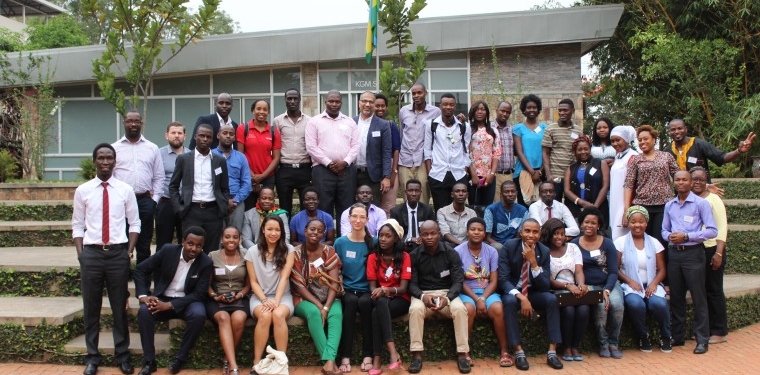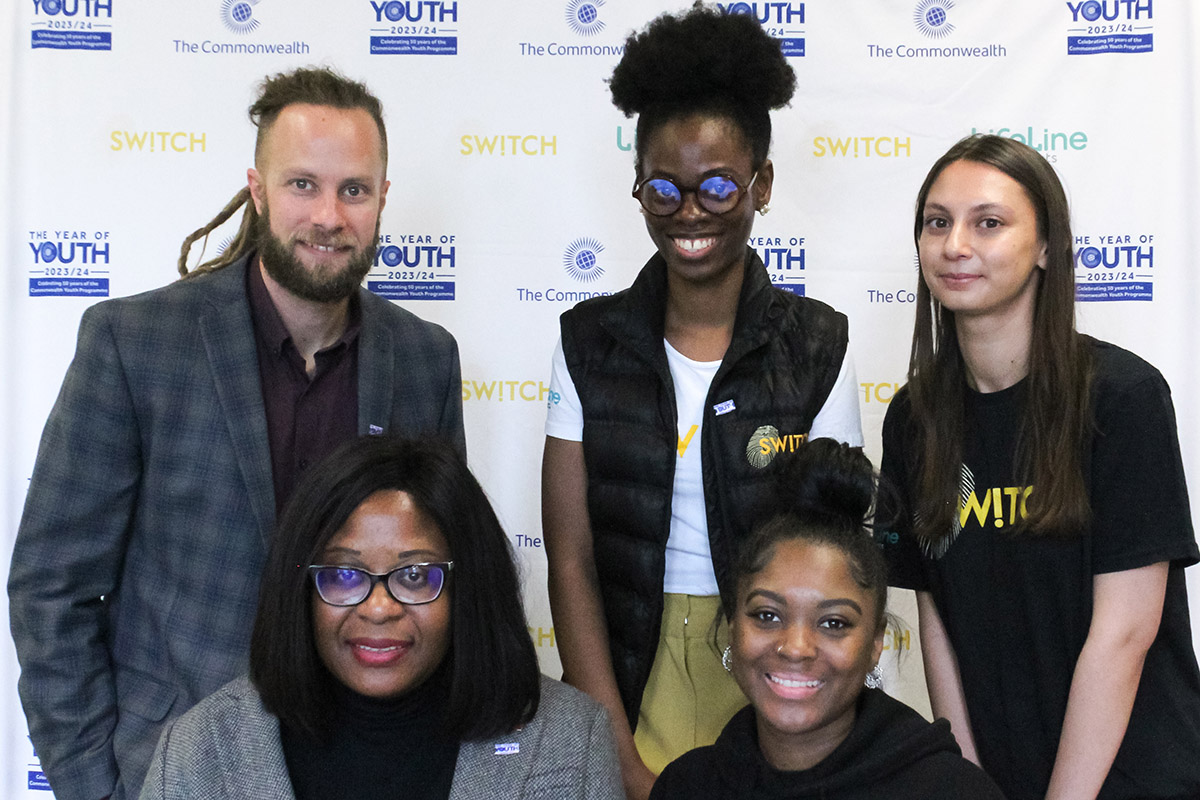How to Improve Judicial Systems to Restore Trust Amongst The People They Serve
April 13by Joshua Kimera
The judicial system stands as the cornerstone of any society founded upon the principles of justice and fairness. It serves as the bedrock upon which trust and confidence in the rule of law are built.
However, in recent times, trust in judicial systems worldwide has faced significant challenges, eroded by perceptions of bias, inefficiency and inaccessibility. Consequently, there arises an imperative to explore avenues for enhancing and revitalising these systems to restore faith amongst the people they serve.
This article delves into why this is so, and proposes various strategies and approaches aimed at improving judicial systems, fostering transparency, accountability, and ultimately rebuilding trust in the administration of justice.
In recent times, the independence of judicial systems has been affected by the political landscape around them. Some judges make rulings based on what will elevate their careers and their standing with the state which appoints and promotes them. In Cameroon, initiating a transitional justice process is hard because of the perceived lack of judicial independence which has heightened mistrust of the system among the Cameroonian people.
Similarly, a judiciary’s financial independence affects its standing with the people. This is especially so in cases where its budget is increased each law year yet there are frequent reports of judges or other judicial officers who are paid low salaries, which could lead to maladministration of justice. This has resulted in questions from the communities they serve that the top brass of a judiciary cannot answer.
No system works perfectly, but several efficient and strategic tweaks can be made to improve it. One of these tweaks is establishing parameters within the law and enforcing those in place to ensure judges give fair, independent judgements doing right by their communities.
Another one of these tweaks is awarding judicial officers who have served their communities impartially and have shown exceptional qualities. This boosts morale, preventing burnout and preventing judicial officers from lobbying, as a way to boost their careers which can lead to laziness and improper delivery of justice.
This can also be done by coming up with more innovative ways to deliver justice according to the demands of the community, for example, digitising justice through video links or increasing the number of judicial officers where there is short staffing and dividing up work. The Seychelles and UK appeals courts have divisions to attack the case backlog.
Lastly, appointing and assigning judicial officers according to their expertise in a respective field goes a long way to delivering justice to the people in a fair way, which in turn restores their faith in a system they had no belief in.






